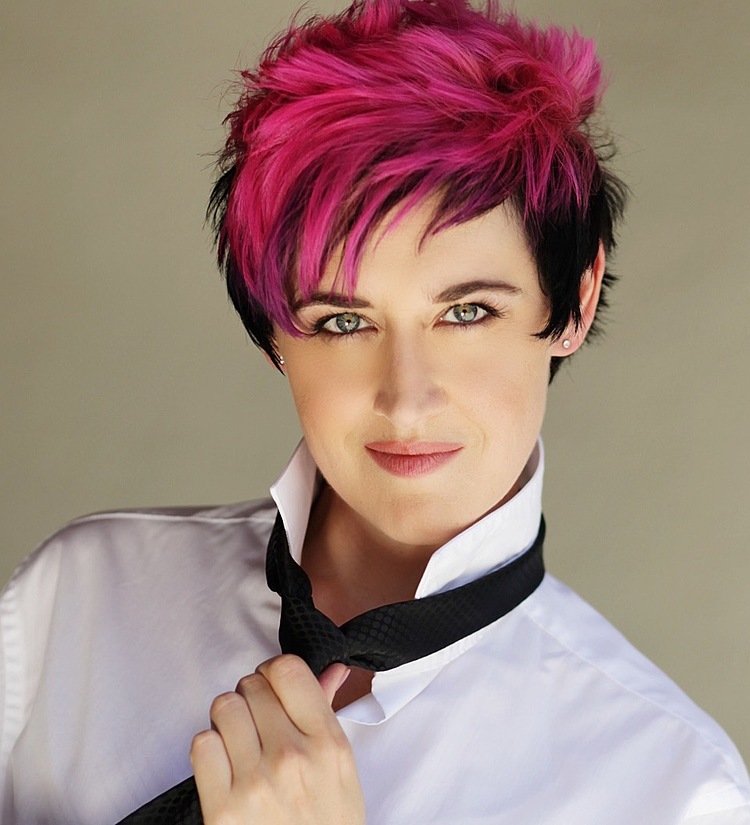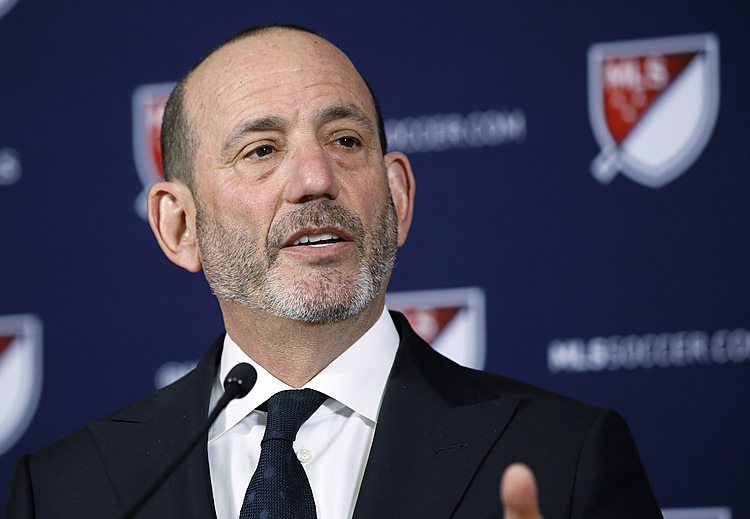Can we talk? Gannett promotes effort at bridging gaps
NEW YORK (AP) — The conversation between Brian Roy and Brian Webb felt, at first, like a blind date. In the same way, the people who brought them together hope that it's the start of something.
They were participants in an effort backed by the media company Gannett to get people with opposing political views to talk with each other, part of a “National Week of Conversation” sponsored by democracy-oriented groups that is ending this weekend.
The idea in these polarizing times is that if enough people start talking, they'll find common ground or at least realize that they don't need to be in warring camps because they vote for different people, said Mizell Stewart, Gannett's vice president of news performance, talent and partnerships.
A month ago, Gannett embedded a survey in news stories that appeared on the websites for USA Today and 250 company-owned local news sites in 46 states, seeking participants.
Conversations via video conference with more than 1,200 volunteers took place, which Stewart admits was disappointingly low. But he said none went off the rails, and is heartened that most everyone said they would do it again.
“This is just the beginning,” he said.
The talk between Roy, from Benton, Kentucky, and Webb, from Sheridan, Wyoming, was pleasant — even when they brought up potential third-rail topics like religion, gun restrictions and presidential politics. They found things to agree upon, and things to laugh about.
“It was really good to know that I could talk to him and disagree,” said Roy, a former county sheriff, in a later interview. “I thought it might help me figure out how to have a conversation locally with friends that I have lost over politics.”
Something you notice during his chat session about Roy, who worked in law enforcement and communications: he loves to talk and is upset to have fewer opportunities around him. He blames social media for hardening attitudes, and the contention of the Trump years. He bemoaned how wearing a mask against COVID-19 became a political act, he said, recalling the time at a gas station when a stranger called him an “idiot” for doing so.
Many Trump supporters that he knows don't want anything to do with people who don't feel the same way, he said. And as a Democrat who changed his registration to independent, Roy said it's harder for him to find like-minded people in Kentucky.
“It's not the only hope,” he said. “It's a small hope that somebody besides me thinks we need to communicate with the opposing side to find out if our differences are real or make believe.”
Stewart said it's human nature for people to want to spend time with those who are similar and, increasingly, the media offers greater opportunity to do so.
“There's almost an echo chamber industry that's been erected to provide people with the chance to be with people who think the way they do,” he said.
Stewart, a Black man from Cleveland, signed up for his own conversation, with a white evangelical woman who lives in Texas. Their common ground was the importance of religion in their lives, although each has had different experiences.
“We've learned a great deal and look forward to applying these lessons in the future,” he said.











